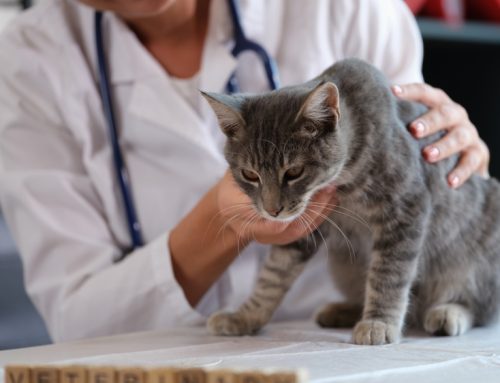Owning a pet brings immeasurable joy and unconditional love, but eventually, the time comes to make the heart-wrenching decision to say “Goodbye.” This decision, which often involves a complex blend of emotional, ethical, and practical considerations, is never easy. But, if you understand when the time has come to let go, you can make the best decision for your four-legged companion and ensure they experience a peaceful and dignified end.
Assessing your pet’s quality of life
Determining if your pet has reached their final moments can seem impossible, but if you learn how to assess your pet’s quality of life, you can objectively evaluate their health and happiness. Consider the following factors when judging your pet’s comfort and well-being:
- Pain and discomfort — Is your pet in pain that cannot be alleviated through medication or treatment? Chronic pain, difficulty breathing, or constant discomfort are significant indicators.
- Mobility — Can your pet no longer move around comfortably? Struggling to walk, stand, or get up can greatly impact their well-being.
- Appetite and hydration — A significant loss of appetite or refusal to drink water can be severe illness or distress signs.
- Hygiene — An incontinent pet may suffer from urine scald, skin infections, and poor overall hygiene.
- Cognitive function — Pets, particularly older ones, can suffer from dementia-like signs, including disorientation, anxiety, and a lack of interaction with their surroundings.
- Behavior changes — Uncharacteristic aggression or irritability can signal discomfort or confusion.
- Interaction and interest — If your pet is hiding or withdrawing from family members, they may be in pain or distress. A loss of interest in favorite activities, toys, or companionship can also indicate a decline in their mental and physical health.
When evaluating your pet’s quality of life, consider using a scale that measures their health, happiness, and overall well-being. By putting a number on each aspect of your pet’s daily activities, you can better judge their comfort level.
Consulting with your veterinarian
Your Chiefland Animal Hospital veterinarian is an invaluable resource in making this difficult decision. We can provide a professional assessment of your pet’s condition and offer guidance based on our knowledge and experience. To evaluate your pet’s quality of life, we may focus on:
- Prognosis — We will discuss the likely progression of your pet’s illness or condition, so you know what to expect.
- Pain management — We will explore whether effective pain management options are available and if they would significantly improve your pet’s quality of life.
- Treatment options — We will consider whether treatments are curative or merely palliative and their possible impact on your pet’s overall wellbeing.
Determining when to say “Goodbye” to your pet

Once you have gathered all the necessary information and assessed your pet’s quality of life, the decision often comes down to your intuition and emotional readiness. Keep in mind that this determination is a personal decision, and every pet and situation is unique. What might be the right time for one pet and their family might not be for another, and feeling guilty or second-guessing your decision is a normal part of the grieving process.
Deciding when to say “Goodbye” to a cherished family companion is one of the hardest decisions a pet owner will ever make. But, when you carefully assess your pet’s quality of life, consult with your veterinarian, and trust your instincts, you can make a compassionate choice that honors the love and joy your pet brought into your life.
Remember, you are not alone in this process, and seeking support can help significantly in navigating this difficult time. Lean on our Chiefland Animal Hospital team for support and guidance as your pet nears their final days.








Leave A Comment